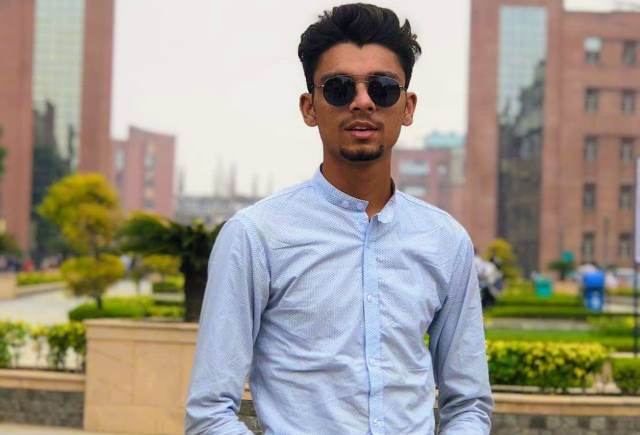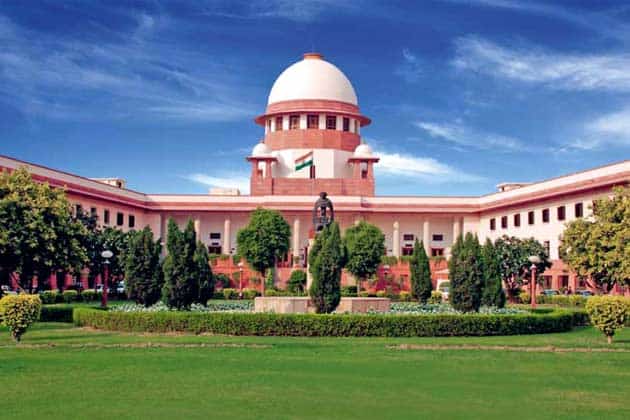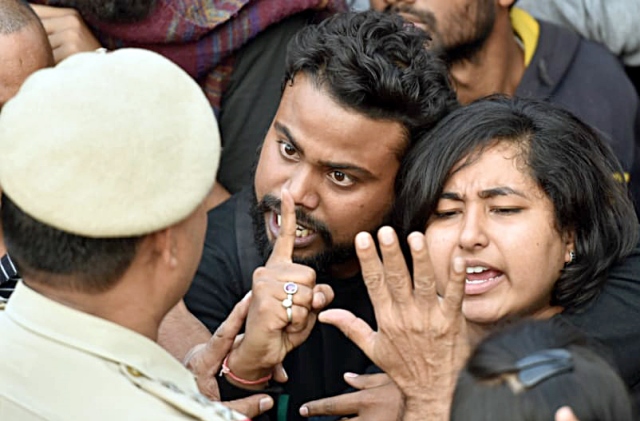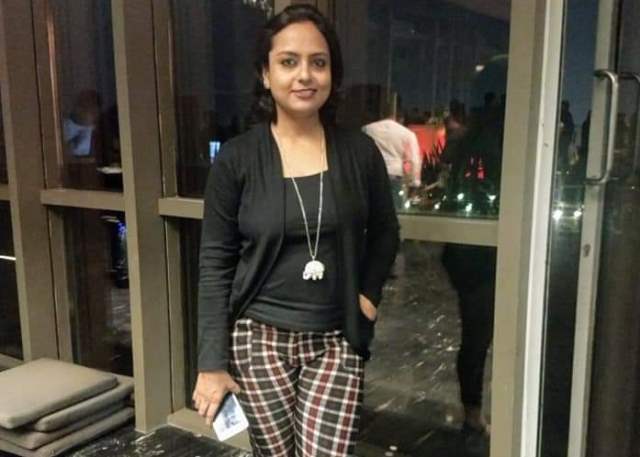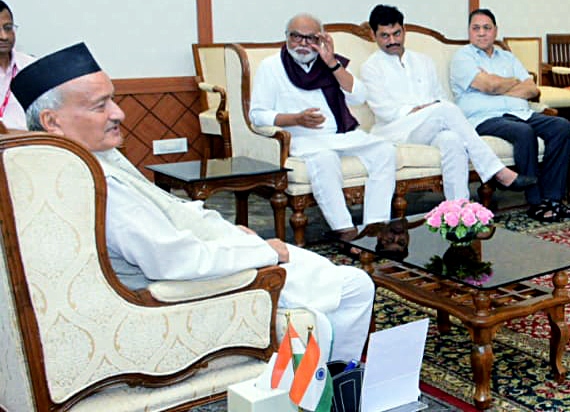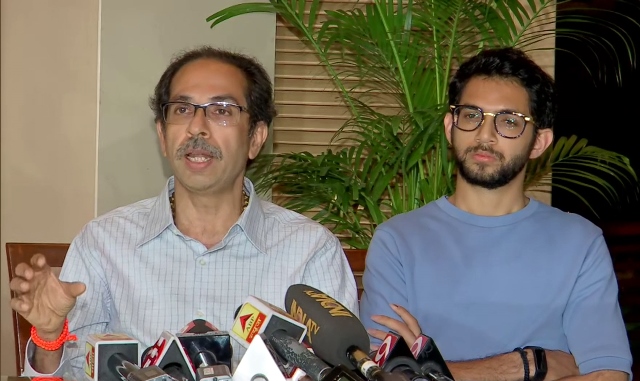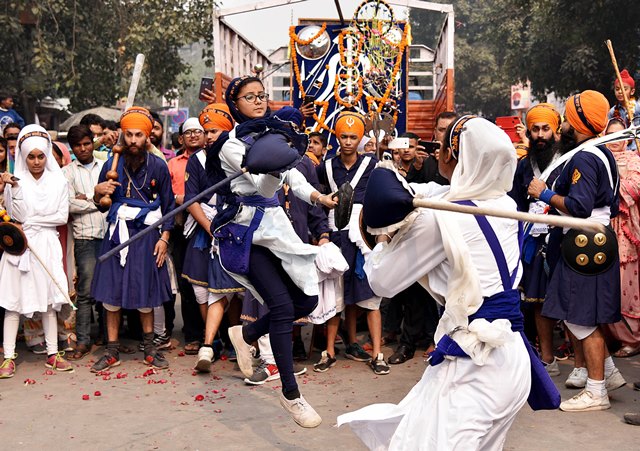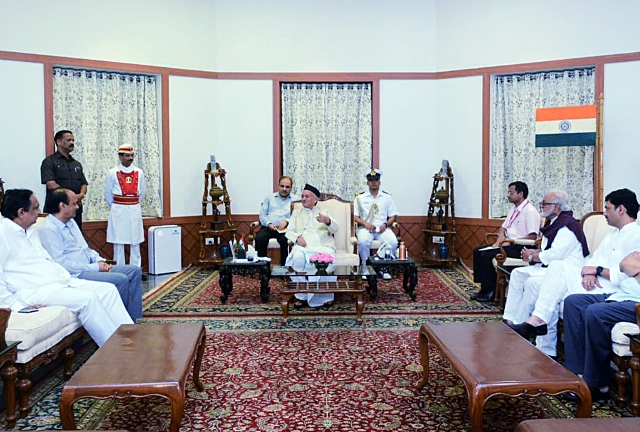Danial Faraz, 24, a lecturer, in Moradabad, is confident that Indian social fabric will survive a divisive policy like NRC
I have been following news
about NRC (National Register of Citizens) quite keenly and in great detail.
After all, one cannot afford to be caught unawares on such an important topic.
Plus, when you are well-informed, you know your rights better.
The introduction of the NRC
is like a spark in a forest — a slow fire that ultimately can burn down the
huge forest. When Amit Shah talked about the Citizen Amendment Bill, which aims at providing citizenship to those Hindus, Sikhs,
Buddhists, Jains, Parsis and Christians who came to India before December 31,
2014, fleeing religious persecution in Afghanistan, Bangladesh and Pakistan, he mentioned how immigrants of several religious communities to
India would be granted exemption. However, he didn’t mention providing
exemption to Muslims. If the Home Minister of a country himself treats a
portion of the population as pariah, what hope do people have? Where do people
go when they have lost hope with the authorities?
However, even though our
constitutional rights are being eroded as we speak, I still have faith in the
social fabric of India. In a population of 130 crore there are many hearts
which are sensitive to the plight of others. India’s social fabric has survived
many setbacks and it will survive this bout of hatred too.
We shifted to Moradabad a
few years ago, but we own a piece of land in a place called Thakurdwara. The
land deed dates back to 1890 from a place called Thakurdwara. When I told
my grandmother about NRC, she got scared: What if the land is taken away from
us?
She was just seven, at
the time of partition. Her family like many other Muslims, chose to live in
India than going to Pakistan. India has always been their home, why would they
leave it? And now after almost 75 years, we are being asked to prove our love
for India.
Post-partition, things
had not normalised in India. Refugees were busy trying to make a living,
struggling to find the basic necessities. They did not have enough food to eat,
leave alone the money and the time to go fill documents. I wonder how people
will prove their citizenship post 1951 (which is the cut-off date).
I am a well-read,
well-spoken Muslim so I am not worried about myself. But I do feel very
concerned about the numerous powerless people, especially the poor, the women
who live alone and the old who live without their kids. They do not have anyone
to run from pillar to post trying to prove their citizenship.
Many such people come to
me every day for help and it is a tough task trying to pacify them, asking them
to keep faith in God. After all it is because of the faith they practice, that
they are targeted.
I tried to contest
municipal elections last year and lost by only 3 votes in a Hindu- majority
area (2, 000 Muslim families in comparison to 24,000 families), so there must
be something right here, polarisation cannot find a strong foothold here
(Peetal Nagri- Moradabad).
However, even though polarisation isn’t strong here, I can’t say it is totally absent. I faced a little difficulty when I lost my father and had to get a death certificate from the authorities because I had chosen to contest elections. Still, overall we have faith that whenever NRC is implemented here, educated Hindus and Muslims will stand by each other.
In Assam many Hindus too, lost their lives trying to prove their citizenship at ‘detention centres’. The words ‘detention centre’ send a chill down my spine. They seem to be a grim reminder of the holocaust. And didn’t the world leaders swear not to let the holocaust repeat again? Muslims and Hindus need to understand that the fight is not between Hindus and Muslims, but between the powerful and the powerless. And the power dynamics can change anytime. So before worrying about NRC, people should start investing in spreading love and understanding. All communities need to communicate more with each other if we want peace to prevail.
Muslims and Hindus need to understand that the fight is not between Hindus and Muslims, but between the powerful and the powerless. And the power dynamics can change anytime. So before worrying about NRC, people should start investing in spreading love and understanding. All communities need to communicate more with each other if we want peace to prevail.

